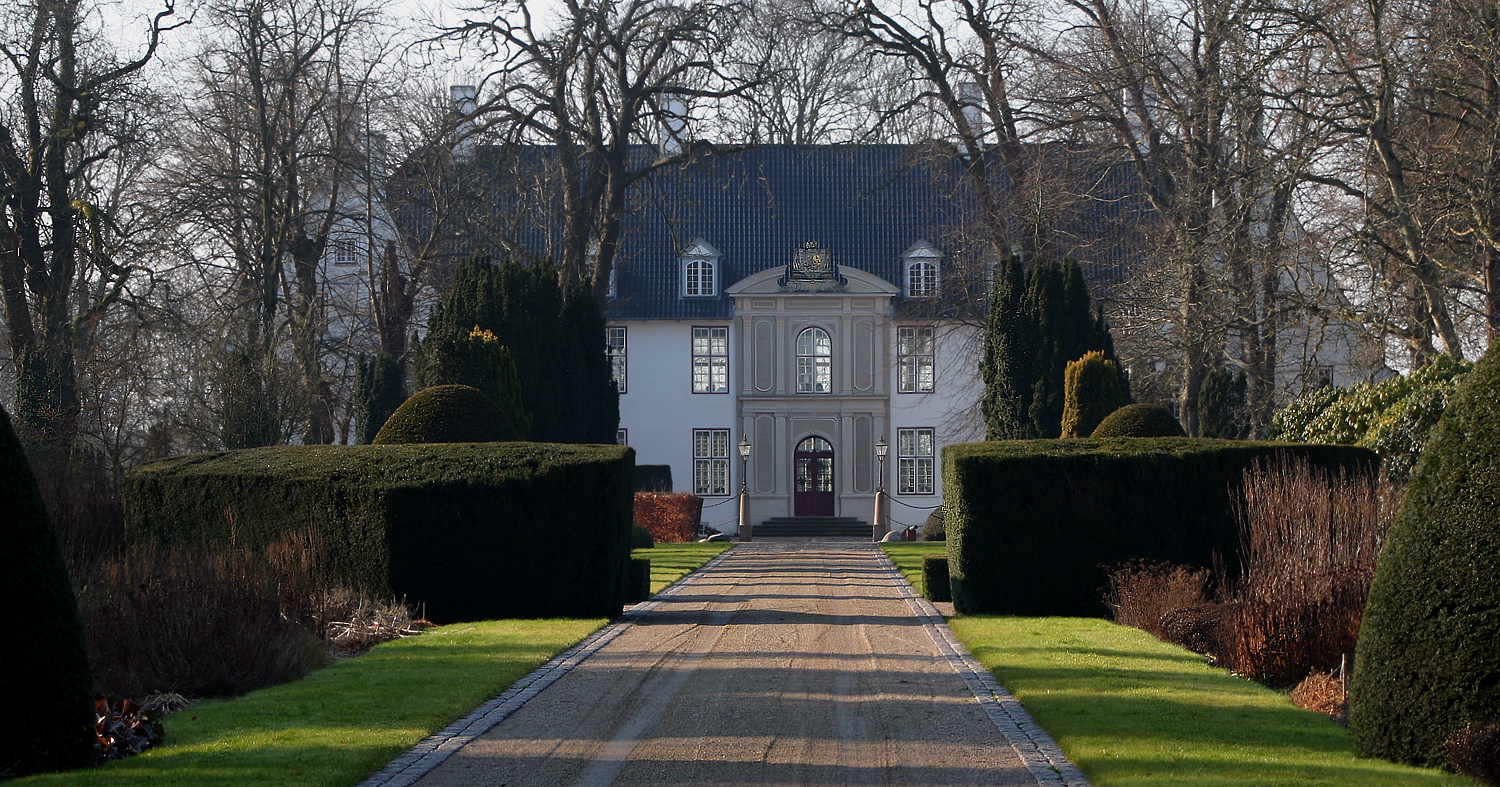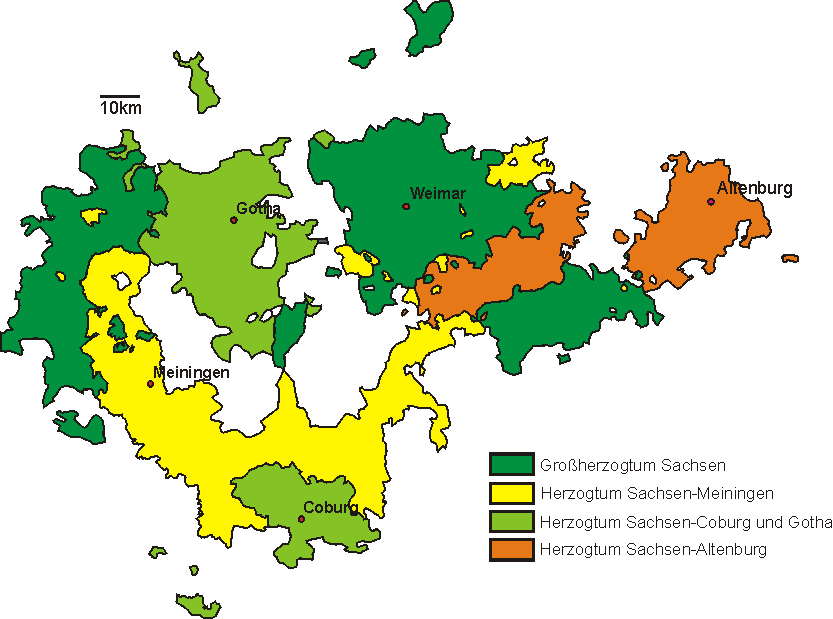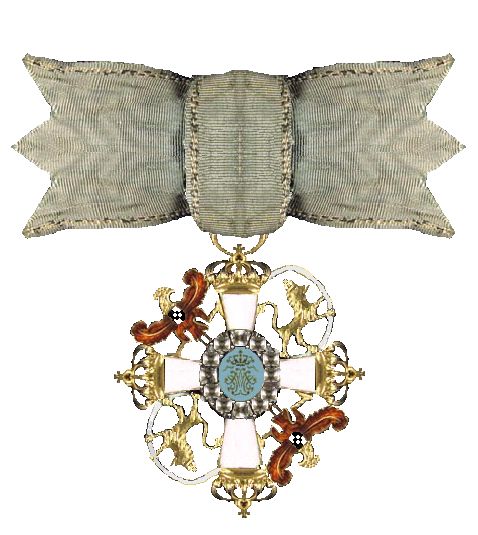|
Hans Schack, 4th Count Of Schackenborg
Hans Schack, Count of Schackenborg (14 January 1734 – 21 August 1796) was a Danish nobleman and enfeoffed count ( da, lensgreve). He was the fourth holder of the County of Schackenborg from 1741 to 1796. Biography Hans Schack was born on 14 January 1734 at Schackenborg Castle in Møgeltønder in the Kingdom of Denmark. Born into the noble family of Schack, he was the fifth child and eldest surviving son of the Danish nobleman and civil servant Otto Didrik Schack, and his wife Anna Ernestine Frederikke Vilhelmine Gabel .Danmarks Adels Aarbog, 1932 p. 66. At the early death of his father on 11 July 1741, he inherited the and assumed the title of |
Count Of Schackenborg
The Countship of Schackenborg was a Danish and for a period German majorat in the southern part of Jutland, which existed from 1676 to 1924. History The Countship of Schackenborg was established on 23 June 1676 by King Christian V of Denmark for Otto Didrik Schack, a member of the noble family of Schack.Danmarks Adels Aarbog (1932), p. 62.Danske Len (1916), p. 91. It consisted of the manors of Schackenborg, Sødamgård, Solvig, and Store Tønde. The holder of the county carried the title of ''enfeoffed count'' ( da, lensgreve). The countship was inherited by members of the Schack family during its entire existence. It was dissolved in 1924. List of Counts of Schackenborg *Otto Didrik Schack, 1st Count of Schackenborg (1652–1683) *Hans Schack, 2nd Count of Schackenborg (1676–1719) *Otto Didrik Schack, 3rd Count of Schackenborg (1710–1741) * Hans Schack, 4th Count of Schackenborg (1734–1796) * Otto Didrik Schack, 5th Count of Schackenborg (1758–1809) * Hans S ... [...More Info...] [...Related Items...] OR: [Wikipedia] [Google] [Baidu] |
Christiansborg Palace Chapel
Christiansborg Palace ( da, Christiansborg Slot; ) is a palace and government building on the islet of Slotsholmen in central Copenhagen, Denmark. It is the seat of the Danish Parliament ('), the Danish Prime Minister's Office, and the Supreme Court of Denmark. Also, several parts of the palace are used by the Danish monarch, including the Royal Reception Rooms, the Palace Chapel and the Royal Stables. The palace is thus home to the three supreme powers: the executive power, the legislative power, and the judicial power. It is the only building in the world that houses all three of a country's branches of government. The name Christiansborg is thus also frequently used as a metonym for the Danish political system, and colloquially it is often referred to as ''Rigsborgen'' ('the castle of the realm') or simply ''Borgen'' ('the castle'). The present building, the third with this name, is the last in a series of successive castles and palaces constructed on the same site since th ... [...More Info...] [...Related Items...] OR: [Wikipedia] [Google] [Baidu] |
People From Tønder Municipality
A person ( : people) is a being that has certain capacities or attributes such as reason, morality, consciousness or self-consciousness, and being a part of a culturally established form of social relations such as kinship, ownership of property, or legal responsibility. The defining features of personhood and, consequently, what makes a person count as a person, differ widely among cultures and contexts. In addition to the question of personhood, of what makes a being count as a person to begin with, there are further questions about personal identity and self: both about what makes any particular person that particular person instead of another, and about what makes a person at one time the same person as they were or will be at another time despite any intervening changes. The plural form "people" is often used to refer to an entire nation or ethnic group (as in "a people"), and this was the original meaning of the word; it subsequently acquired its use as a plural form of ... [...More Info...] [...Related Items...] OR: [Wikipedia] [Google] [Baidu] |
18th-century Danish People
The 18th century lasted from January 1, 1701 ( MDCCI) to December 31, 1800 ( MDCCC). During the 18th century, elements of Enlightenment thinking culminated in the American, French, and Haitian Revolutions. During the century, slave trading and human trafficking expanded across the shores of the Atlantic, while declining in Russia, China, and Korea. Revolutions began to challenge the legitimacy of monarchical and aristocratic power structures, including the structures and beliefs that supported slavery. The Industrial Revolution began during mid-century, leading to radical changes in human society and the environment. Western historians have occasionally defined the 18th century otherwise for the purposes of their work. For example, the "short" 18th century may be defined as 1715–1789, denoting the period of time between the death of Louis XIV of France and the start of the French Revolution, with an emphasis on directly interconnected events. To historians who expand ... [...More Info...] [...Related Items...] OR: [Wikipedia] [Google] [Baidu] |
1796 Deaths
Events January–March * January 16 – The first Dutch (and general) elections are held for the National Assembly of the Batavian Republic. (The next Dutch general elections are held in 1888.) * February 1 – The capital of Upper Canada is moved from Newark to York. * February 9 – The Qianlong Emperor of China abdicates at age 84 to make way for his son, the Jiaqing Emperor. * February 15 – French Revolutionary Wars: The Invasion of Ceylon (1795) ends when Johan van Angelbeek, the Batavian governor of Ceylon, surrenders Colombo peacefully to British forces. * February 16 – The Kingdom of Great Britain is granted control of Ceylon by the Dutch. * February 29 – Ratifications of the Jay Treaty between Great Britain and the United States are officially exchanged, bringing it into effect.''Harper's Encyclopaedia of United States History from 458 A. D. to 1909'', ed. by Benson John Lossing and, Woodrow Wilson (Harper & Brothers, 1910) p17 ... [...More Info...] [...Related Items...] OR: [Wikipedia] [Google] [Baidu] |
1735 Births
Events January–March * January 2 – Alexander Pope's poem ''Epistle to Dr Arbuthnot'' is published in London. * January 8 – George Frideric Handel's opera ''Ariodante'' is premièred at the Royal Opera House in Covent Garden, London. * February 3 – All 256 people on board the Dutch East India Company ships '' Vliegenthart'' and ''Anna Catherina'' die when the two ships sink in a gale off of the Netherlands coast. The wreckage of ''Vliegenthart'' remains undiscovered until 1981. * February 14 – The ''Order of St. Anna'' is established in Russia, in honor of the daughter of Peter the Great. * March 10 – The Russian Empire and Persia sign the Treaty of Ganja, with Russia ceding territories in the Caucasus mountains to Persia, and the two rivals forming a defensive alliance against the Ottoman Empire. * March 11 – Abraham Patras becomes the Governor-General of the Dutch East Indies (now Indonesia) upon the death of Dirck van Cloon. ... [...More Info...] [...Related Items...] OR: [Wikipedia] [Google] [Baidu] |
Duchy Of Saxe-Altenburg
Saxe-Altenburg (german: Sachsen-Altenburg, links=no) was one of the Saxon duchies held by the Ernestine branch of the House of Wettin in present-day Thuringia. It was one of the smallest of the German states with an area of 1323 square kilometers and a population of 207,000 (1905) of whom about one fifth resided in the capital, Altenburg. The territory of the duchy consisted of two non-contiguous territories separated by land belonging to the Principality of Reuss. Its economy was based on agriculture, forestry, and small industry. The state had a constitutional monarchical form of government with a parliament composed of thirty members chosen by male taxpayers over 25 years of age. History The duchy had its origins in the medieval Burgraviate of Altenburg in the Imperial Pleissnerland ''(Terra Plisensis)'', a possession of the Wettin Margraves of Meissen since 1243. Upon a partition treaty of 1485, Altenburg fell to Ernst, Elector of Saxony, the progenitor of the Ernestine We ... [...More Info...] [...Related Items...] OR: [Wikipedia] [Google] [Baidu] |
Adam Gottlob Moltke
Count Adam Gottlob von Moltke (10 November 171025 September 1792) was a Danish courtier, statesman and diplomat, and Favourite of Frederick V of Denmark. Moltke was born at Riesenhof in Mecklenburg. His son, Joachim Godske Moltke, and his grandson, Adam Wilhelm Moltke, later served as Prime Minister of Denmark. Early life Adam Gottlob Greve von Moltke was born 10/11 November 1710 to Joachim von Moltke and Magdalene Sophia von Cothmann. Though of German origin, many of the Moltkes were at this time in the Danish service, which was considered a more important and promising opening for the young north German noblemen than the service of any of the native principalities. Career In 1722, through one of his uncles, young Moltke became a page at the Danish court, in which capacity he formed a lifelong friendship with the crown prince Frederick, later King Frederick V. Reign of Frederick V In 1730, immediately after his accession, Frederick made Moltke Lord Chamberlain and showered ... [...More Info...] [...Related Items...] OR: [Wikipedia] [Google] [Baidu] |
Count
Count (feminine: countess) is a historical title of nobility in certain European countries, varying in relative status, generally of middling rank in the hierarchy of nobility. Pine, L. G. ''Titles: How the King Became His Majesty''. New York: Barnes & Noble, 1992. p. 73. . The etymologically related English term "county" denoted the territories associated with the countship. Definition The word ''count'' came into English from the French ''comte'', itself from Latin ''comes''—in its accusative ''comitem''—meaning “companion”, and later “companion of the emperor, delegate of the emperor”. The adjective form of the word is "comital". The British and Irish equivalent is an earl (whose wife is a "countess", for lack of an English term). In the late Roman Empire, the Latin title ''comes'' denoted the high rank of various courtiers and provincial officials, either military or administrative: before Anthemius became emperor in the West in 467, he was a military ''comes ... [...More Info...] [...Related Items...] OR: [Wikipedia] [Google] [Baidu] |
Diplomat
A diplomat (from grc, δίπλωμα; romanized ''diploma'') is a person appointed by a state or an intergovernmental institution such as the United Nations or the European Union to conduct diplomacy with one or more other states or international organizations. The main functions of diplomats are: representation and protection of the interests and nationals of the sending state; initiation and facilitation of strategic agreements; treaties and conventions; promotion of information; trade and commerce; technology; and friendly relations. Seasoned diplomats of international repute are used in international organizations (for example, the United Nations, the world's largest diplomatic forum) as well as multinational companies for their experience in management and negotiating skills. Diplomats are members of foreign services and diplomatic corps of various nations of the world. The sending state is required to get the consent of the receiving state for a person proposed to serv ... [...More Info...] [...Related Items...] OR: [Wikipedia] [Google] [Baidu] |
Politician
A politician is a person active in party politics, or a person holding or seeking an elected office in government. Politicians propose, support, reject and create laws that govern the land and by an extension of its people. Broadly speaking, a politician can be anyone who seeks to achieve political power in a government. Identity Politicians are people who are politically active, especially in party politics. Political positions range from local governments to state governments to federal governments to international governments. All ''government leaders'' are considered politicians. Media and rhetoric Politicians are known for their rhetoric, as in speeches or campaign advertisements. They are especially known for using common themes that allow them to develop their political positions in terms familiar to the voters. Politicians of necessity become expert users of the media. Politicians in the 19th century made heavy use of newspapers, magazines, and pamphlets, as well ... [...More Info...] [...Related Items...] OR: [Wikipedia] [Google] [Baidu] |


_1938.jpg)





